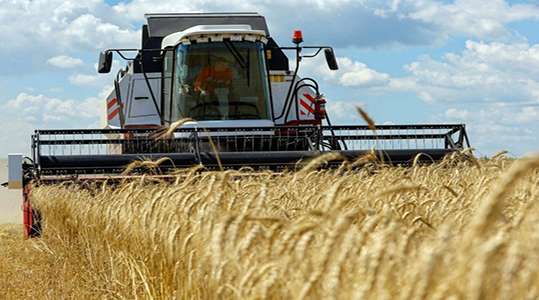Russia's decision to withdraw from the grain export agreement casts a shadow over North Africa and the Middle East region, especially countries such as Egypt, Tunisia, Jordan, and Lebanon, which have so far failed to find a permanent mechanism to secure grain imports due to their financial crises and hard currency shortages.
The Middle East is one of the regions most affected by the termination of the grain agreement, as many countries in the region are among the countries most dependent on agricultural food commodities from Ukraine and Russia, such as Turkey, Egypt, Sudan, Tunisia, and Morocco, according to the United Nations.
According to reports, countries such as Lebanon, Yemen, and Jordan are particularly vulnerable, with the risk in some cases reaching the stage of existential threats for some countries, led by Egypt, according to a report by the Middle East Institute for Studies.
Source (Al-Arab Newspaper of London, Edited)

